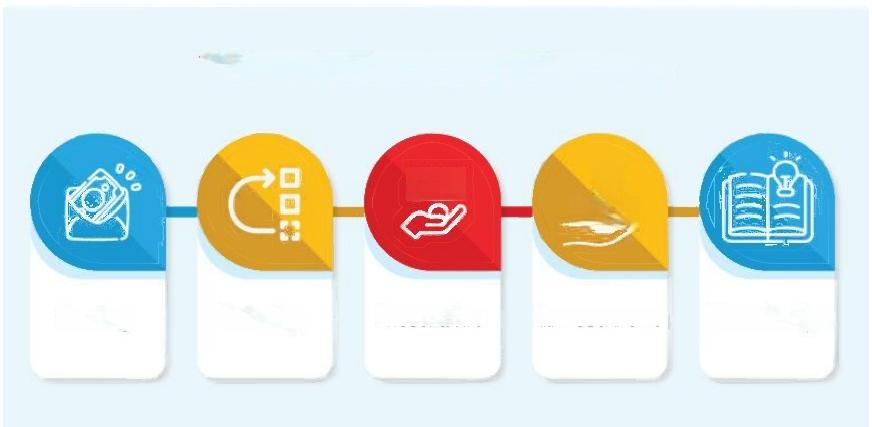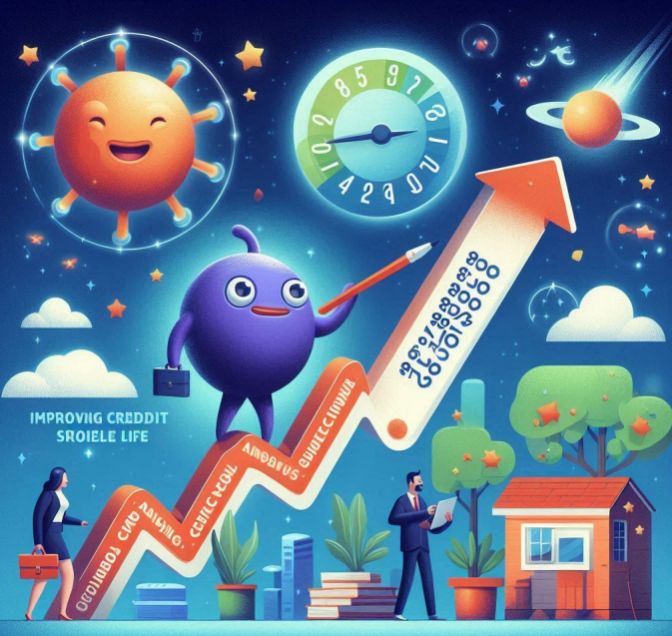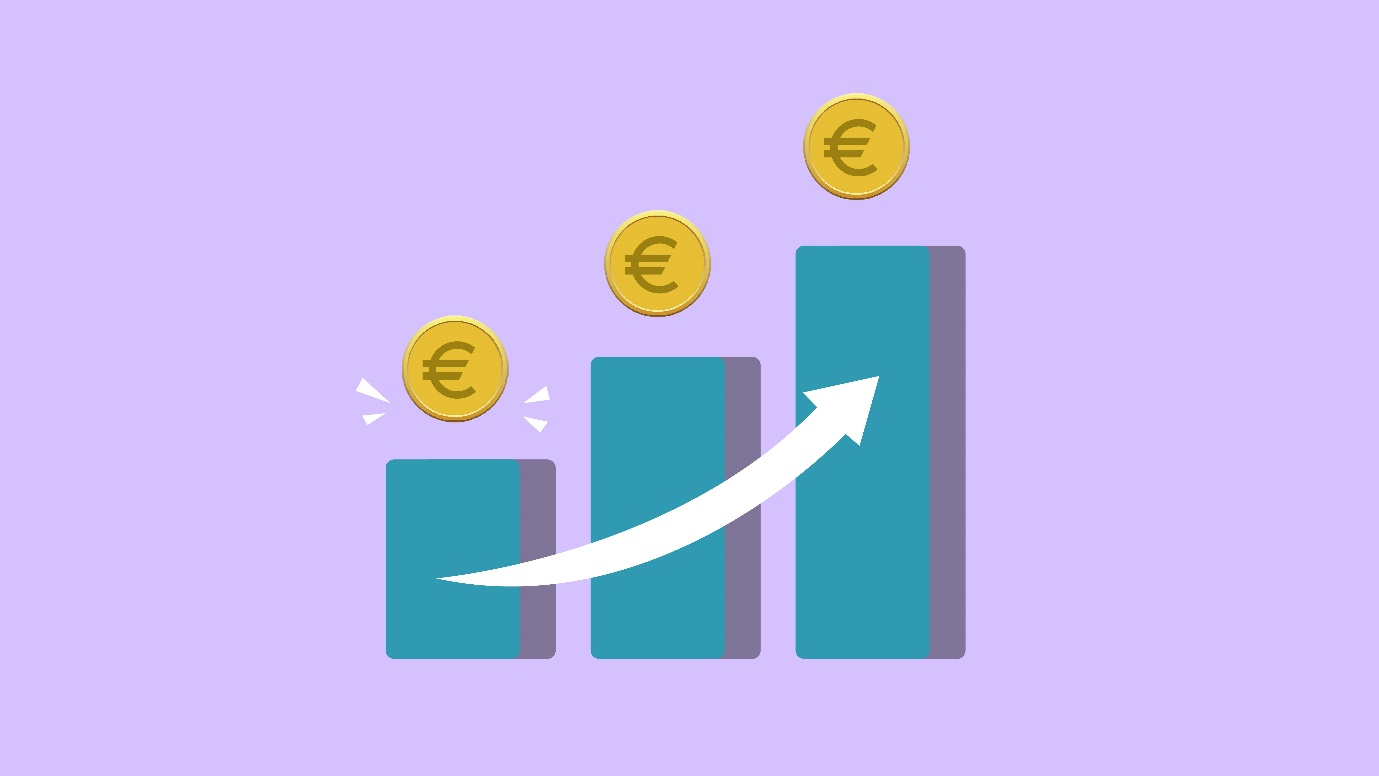A Comprehensive Guide to Personal Finance for Beginners
Many people depend on personal finance,but some struggle with money
management.It discusses investing,payment of debts,and budgeting.You will discover how to make better choices and complete your financial objectives.

Key Takeaways
· You need to be aware of the foundations of personal finance.,including budget,saving,and debt management.
· Consider your long-and short-term financial objectives when making selections.
· Find ways to manage and cut down debt,building a strong financial base. · See the perks of investing and how to spread out your investments.
·You should learn how to manage your finances and improve your financial literacy
Understand the Fundamentals of Personal Finance
Personal finance depends on money management.Finance,saving,making
investments,and protecting your money are all included in this Getting your goals and maintaining financial stability depend on it.Knowing the basics helps you make
smart money choices and control your financial future.
What is Personal Finance?
 What is Personal Finance
What is Personal Finance
50 ◎

Priority Restraint Investment Knowledge
Saving
The management of your finances is personal finance.The four main parts are
earning,spending,saving,and investing."A budget and spend control will help you reach your financial objectives.Your future and financial health will improve if you understand personal finance.
Importance of Budgeting
Personal money requires careful planning.It all comes down to balance your income and expenses.This supports your ability to budget,save,and make profitable
choices.A well-planned budget helps in goal achievement,debt reduction,and financial security.
To budget well,follow these steps:
· Track your income and expenses.
· Find ways to save and cut unnecessary spending. ·Set aside money for goals like emergencies or debt. · Update your budget as your finances change.
Control your financial future by becoming an expert in budget and personal finance. Long-term and short-term goals are within your reach.
Key Components of Personal Finance | Description |
Budgeting | Making a budget for your earnings and expenses so as to meet your financial objectives |
Savings | Building an emergency fund and saving for future expenses |
Debt Management | The payment of debt and creating plans to avoid taking on too much debt |
Investing | To improve your financial status with durable investments |
Risk Management | Risk management protect your financial resources using insurance and other alternatives |
Financial Goals for Personal Finances
If you want to create objectives it is the initial stage of financial management. Your goals should include debt repayment or emergency fund development.
Short-term Financial Goals
It takes no more than a year to achieve short-term goals.They help you build financial strength and meet immediate needs. Examples include:
• Build an emergency fund with three to six months' worth of living costs
• The payment of debt on credit cards with high interest rates
• Setting down money for a certain item, such as a trip or a new PC
Long-term Financial Goals
Long-term goals take more time, often 5 years or more. They focus on growing your wealth and securing your future. Examples are:
• Saving for a down payment on a house
• Investing for retirement
• Funding your children's education
SMART goals are easier to achieve economics.They should therefore be
·
time-bound,relevant,measurable,specific,and affordable.

Short-term Financial Goals | Long-term Financial Goals |
Build an emergency fund | Save for retirement |
Pay off high-interest debt | Purchase a home |
Save for a specific purchase | Fund your children's education |
Conclusion
In this article,We talked about the fundamentals of personal finance for beginners.. You now knowhowto reach financial stability.This includes understanding key
concepts and setting goals for your money.
Creating a budget,saving,and making smart investment choices are key.These
financial management tips help you build financial stability over time.Implementing these steps,you can increase your personal finance management.Hold onto your aims and values while remaining goal-and based on values and learning new skills.
FAQ
What does personal finance mean in its simplest form?
Managing your finances is the focus of personal finance. It covers future planning, investing, saving, and budgeting.
What makes creating a budget crucial for personal finance?
The ability to monitor finances more easily is made possible by budgeting. You can see how much money you save and where it goes. In this way, you can attain your goals and make wise financial decisions.
What are the key components of setting financial goals?
Establishing financial goals takes several phases. First, you should decide short- and long-term goals. Next, determine which objectives should come first and when you intend to accomplish them. Lastly, develop a strategy for using investing, saving, and budgeting to achieve these goals.
(Writer:Weink)





